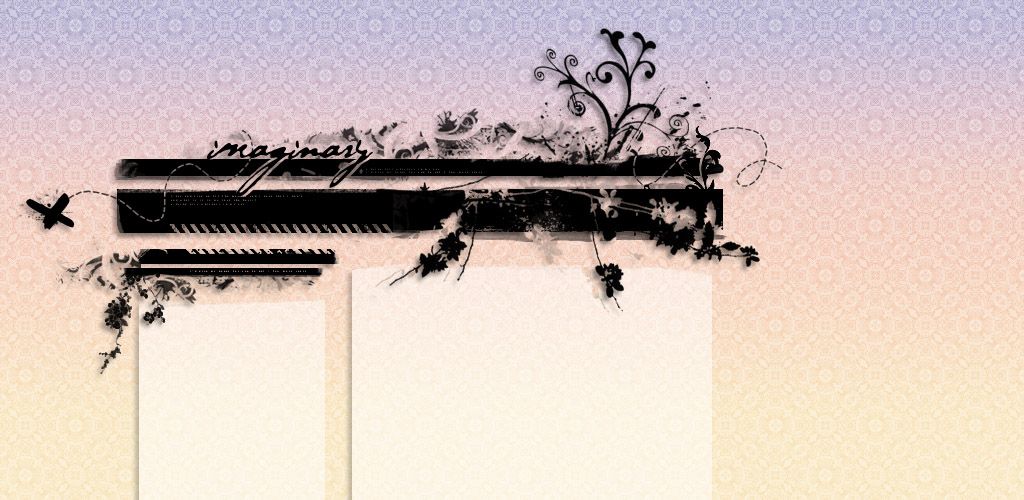Tuesday, May 13, 2008.2:22 AM
New Music?
Music in the early ages were used to accompany rituals. Later on, they became music for entertainment - to accompany dances, singers - and so on. There's no need for me to go into the brief historical development of music cos it will bore you to death.
20th-century composers such as John Cage, Karlheinz Stockhausen, John Adams and D. Shostakovich are among the most prominent. Other than Shostakovich being more 'conventional' as compared to the rest mentioned, most works by these modern composers are, interesting to play at best. I certainly wouldn't term most of these sounds as music. Let me just show you one video of John Cage's Variations III to demonstrate my point.
John Cage's Variations III (1962-1963)
The human voice, crumpling of paper, wound-up toy 'marching' around in an area surrounded by clarinets, man banging his head on a wall, buzzing your lips while submerging your face in the water...all these form a piece of music? Isn't it incredible then to discover that while you're sitting in your office in front of your desktop typing, you're hearing music of the combined sounds of air-con vent rumbling, that printer, fax machine and colleagues walking around whispering/laughing? No! How can anyone call that music? These so-called pieces of music are merely showpieces, more to please audiences visually than aurally.
Then there are those compositions which sound like gibberish and have no visual effects to credit for. Like the new composition that I'm playing, it causes everyone great distress. Apart from the lack of melody (the atonality of it), the very frequent change of time signatures, tempo and bad rhythm/note-relations make the singer and musicians sound and look spastic.
Compositions take a great amount of time to complete and I salute composers for that. But do you really enjoy writing works that don't sound logical or nothing vaguely like music? Perhaps I am too conservative to lash out at composer like this. And I will bet my bassoon on it that if people find classical music too cheem, these new compositions aren't going to help the music scene find new audiences at all.

So what is the way to go if new daring compositions (that don't sound vaguely like music) don't draw audiences and classical music is far too boring/cheem for people to enjoy? I have no idea either. My only suggestion for you composers to save yourselves is to start writing sane works which make musicians and audiences happy. You don't want your audiences to start a riot like what happened to Stravinsky's premieres of Rite of Spring...
.:. 2C o m m e n t s.:.
